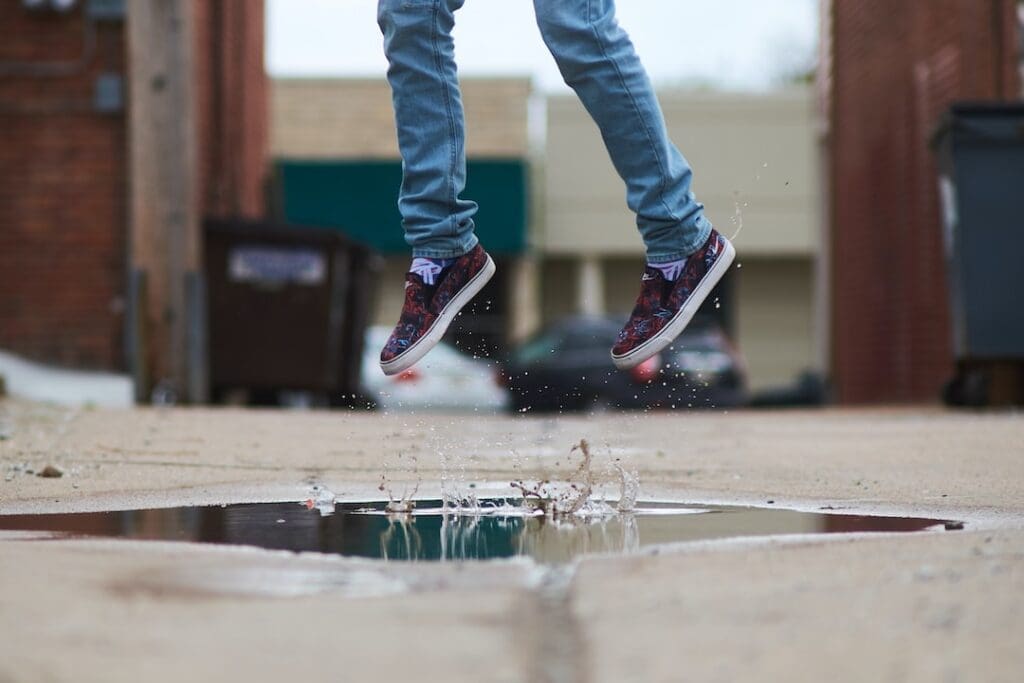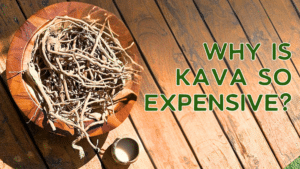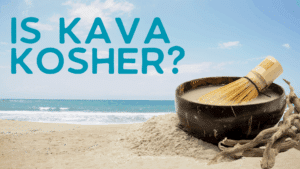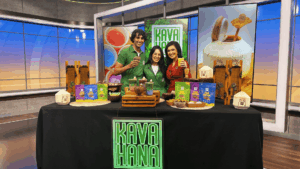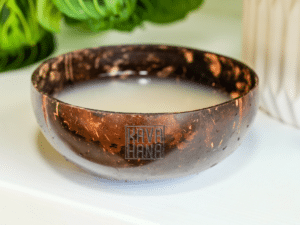The question of whether or not kava gets you high has been debated for years. Adding to the confusion is the fact that it works in similar ways to alcohol and has similar relaxing and socializing effects.
One of the challenges with this discussion is how “high” is defined. It can be a subjective experience, meaning it can be slightly different for everyone. In general, getting high or drunk is an altered state of mind. It can lead to happiness, heightened senses, laughter, altered perception of time, boosted creativity, and relaxation. Different substances have different feelings of high.
Many people drink the earthy South Pacific beverage for these exact reasons. It gives feelings of calm and clarity and can make people feel more socially relaxed. It’s also known to help people manage anxiety and sleep disorders.
The question of whether or not kava gets you high lies in how it works in the brain.
How drugs affect the brain
Substances that get you high interrupt how your brain cells work. These cells, called neurons, send, receive, and process information from neurotransmitters, the chemical messengers in your brain. Neurotransmitters carry important signals between neurons and the brain and the body (like a muscle or gland). They help control critical functions like breathing, heart rate, blood pressure, thoughts and memories, digestion, and your senses.
Different drugs have different effects on our neurotransmitter system. Some can activate neurons because their chemical structure is similar to a natural neurotransmitter, triggering the same effects. Others can make neurons release unusually large amounts of natural chemicals or stop these from being used properly. This can lead to tolerance or the need to take more of a substance to get the same effects.
There are certain parts of the brain that are more affected by drugs than others.
- The basal ganglia help create positive motivation and feelings of pleasure and forms habits and routines.
- Amygdala- plays a role in stressful feelings like anxiety, irritability, and unease that usually come with withdrawal.
- The prefrontal cortex is responsible for executive function, the ability to organize thoughts, prioritize tasks, manage time, and make decisions.
How kava works in the brain
Kava is made up of active ingredients called kavalactones. These small chemicals play a major role in how kava makes us feel. We know of 18 different kavalactones, but only six have been linked to 96% of kava’s effects.
Research tells us that kavalactones directly affect neurotransmitters like serotonin, dopamine, and, more significantly, gamma-aminobutyric acid (commonly known as GABA). GABA is an inhibitory neurotransmitter that’s a therapeutic target in anxiety disorders due to its calming and relaxing effects. Kava appears to change the GABA receptors, impacting how much GABA is released and, in turn, how we feel. There are two types of GABA receptors: GABA-A and GABA-B. While these function slightly differently, they have the same overall calming effect.
While we still don’t know exactly how kava affects GABA receptors, research suggests a few potential pathways. Kava may increase the activity and number of GABA-A receptors, meaning more GABA can bind to brain cells. Kava may also block calcium channels, reducing the release of excitatory neurotransmitters that can lead to anxiety. It’s this process that affects how you feel and why people think kava gets you high.
Kava is psychoactive, not psychedelic
The term psychoactive is a bit confusing. Many people hear it and assume it refers to getting high. But in fact, psychoactive refers to any substance that effects your mind. So even things like caffeine and nicotine are considered psychoactive.
Psychedelics and hallucinogenics are a type of psychoactive drug. They make significant changes to your consciousness, perception of reality, and cognition. These include most of the drugs we typically think of: marijuana, cocaine, amphetamines, LSD, MDMA, alcohol, and heroin.
In this context, kava is considered psychoactive but not psychedelic. Some think that kava gets you high because of how it acts on the brain. As mentioned above, the kavalactones in kava make subtle changes to your mood, but they don’t affect your cognition. Plus, kava doesn’t make physical changes to your brain like many other substances do, leading to potential addiction and a higher tolerance.
With kava, there is no risk of addiction or developing a tolerance. In fact, with kava, you can develop a “reverse tolerance”. That means that your body needs less the more you use it to get the same effects.
The takeaway
While the question of whether or not kava gets you high is still debated, it does not induce the high associated with many psychoactive substances. Its primary action is to promote relaxation and reduce anxiety without significantly altering perception or cognitive abilities. This makes kava a unique substance in the realm of natural remedies, offering benefits for stress and anxiety relief without the intense psychoactive effects found in other substances.
* Please note that the majority of kava research pertains to kava extracts, which often undergo significant processing and may contain additional ingredients and fillers that can influence their efficacy. It is crucial to consider this distinction when reading about kava studies. To draw an analogy, enjoying natural kava as a beverage can be likened to experiencing a freshly brewed cappuccino, whereas kava extracts are akin in functionality to a caffeine pill. Both forms have their unique benefits and can cater to different preferences and needs. While it’s helpful to understand research on kava extracts, please view it critically and remember that natural kava offers a uniquely holistic experience.
Tags: how does kava make you feel, does kava get you high, does kava get you drunk, does kava make you high, can kava get you high, kava high, can kava kava get you high, will kava get you high, does kava make you feel drunk, does kava give you a buzz, kava kava high, does kava kava get you high, what does kava make you feel like, is kava like weed, kava kava feeling, what does kava make you feel, does kava get you buzzed, kava nectar effects

